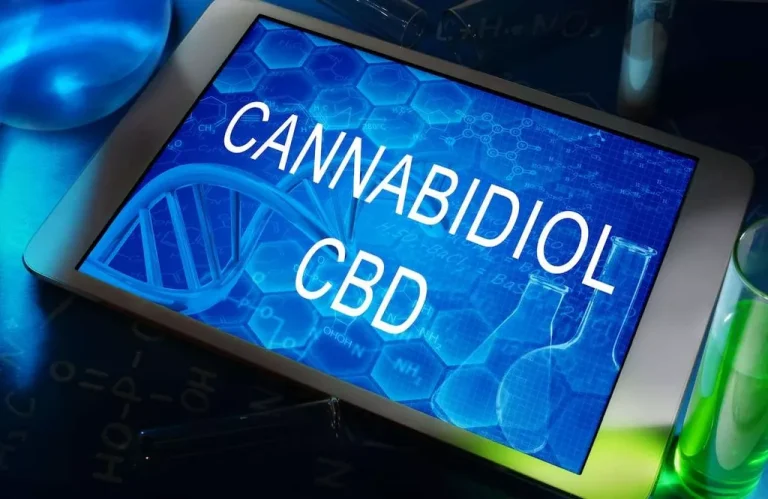How to Overcome Brain Fog and Regain Clarity During Recovery

However, even switching up the way you go about familiar daily tasks will challenge your brain and help pull you out of autopilot. For instance, try brushing your teeth with the opposite hand for a week, read a book that’s not your go-to genre, or take a different route to work. Think of it as retraining a muscle group for a specific type of physical exercise. Here are 5 simple and practical ways to get your brain back on track during recovery. One of the best things about getting sober is that there’s a newfound clarity of thought.

Sleep disorders
Do not hesitate to reach out for help, as the effects of alcohol poisoning can be life-threatening. During detox, the body goes through a series of changes as it adjusts to functioning without alcohol. It is important to note that alcohol detox can be an unpleasant and potentially life-threatening experience, which is why medical supervision is highly recommended. Korsakoff syndrome often appears after an episode of Wernicke’s encephalopathy, which is acute alcohol-related brain dysfunction. Over time, excessive alcohol consumption can damage both the brain and liver, causing lasting damage. The developing adolescent brain is particularly vulnerable to alcohol-related harm.
Alcohol Brain Fog: Causes, Symptoms, Remedies
- An overdose of alcohol affects the brain’s ability to sustain basic life functions.
- However, even switching up the way you go about familiar daily tasks will challenge your brain and help pull you out of autopilot.
- Research has found an increased prevalence of AUD and heavy drinking, primarily among women.
- Alcohol begins affecting a person’s brain as soon as it enters the bloodstream.
- Drinking an adequate amount of water throughout the day helps maintain cognitive abilities and supports overall brain health.
- But as you drink more — and you don’t need to drink that much more — eventually, the enzymes that break down the alcohol get saturated.
These daily cognitive needs and memory are so sensitive to alcohol – just imagine party binge drinkers in movies; when they have too much they can’t even remember the night before. A little too much is going to have an impact on your average workday, too. The more you drink, the more problems you’ll have with thought tasks and motivation to work. It’s also pretty hard to feel inspired and engaged if you’re also dealing with the physical effects, like dehydration, sleep deprivation, and headaches. Basically, dopamine is involved in almost every area of your thought and reward system.
Understanding Brain Fog from Alcohol Withdrawal
- Basically, dopamine is what teaches your brain that alcohol equals reward, making you naturally want more alcohol.
- Drinking at low or moderate levels can be part of a healthy lifestyle.
- Some people can safely stay within this recommendation for low-risk drinking.
- It’s increasingly common for someone to be diagnosed with a condition such as ADHD or autism as an adult.
Teenagers are likely to engage in high-risk behaviors, such as driving under the influence and using other substances. Blackouts, which impact short-term memory, are also common among adolescents. People who https://ecosoberhouse.com/ drink regularly may notice that alcohol does not have the same effect on them as it used to. You build up a tolerance over time and do not feel as good as you once did with the same amount of alcohol.
Author: Find Recovery Editorial Team
Fetal alcohol spectrum disorders, which people usually refer to as fetal alcohol syndrome, happen when a developing baby gets exposure to alcohol during gestation. Fetal alcohol syndrome affects many aspects of functioning, and it can cause brain damage. Drinking at low or moderate levels can be part of a healthy lifestyle.

- Creative activities will not only take your mind off of unproductive thoughts but also provide an overall sense of serenity.
- Fetal alcohol spectrum disorders, which people usually refer to as fetal alcohol syndrome, happen when a developing baby gets exposure to alcohol during gestation.
- Imagine being in a room filled with fog, where everything seems blurry, and you struggle to navigate your way.
- There are many resources available to help, including peer support groups, counseling, therapy, and inpatient rehabilitation.
If you’re in recovery, it’s essential to abstain from alcohol to allow your brain to heal and regain its clarity. Exercise increases blood flow to the brain and promotes neuroplasticity. By incorporating physical activity alcohol brain fog into your daily routine, whether it’s a brisk walk, yoga, or even dancing, you can enhance cognitive functioning and alleviate brain fog. Binge drinking can have severe consequences, including alcohol poisoning.

A huge risk factor for people who develop alcohol use disorder is early-onset drinking. So, if you drink before the age of 14, there’s about a 50% chance you’re going to develop an alcohol use disorder in your adulthood,” explains Dr. Anand. “Generally, over time, there have been new studies that show that chronic alcohol use — at very heavy use — can lead to brain damage, both gray and white matter.
The precise symptoms of alcohol-related brain damage depend on a person’s overall health, how much they drink, and how well their liver functions, among other factors. Short-term effects of alcohol include diminished memory and slurred speech. Alcohol-related brain impairment (ARBI) is long-term brain damage that kills brain cells and impairs memory. Conversely, other recent data suggest a lower risk for dementia in people consuming a few alcoholic beverages a day. A much larger study of almost 4 million people in Korea noted that mild to moderate alcohol consumption was linked to a lower risk for dementia compared to non-drinking.
- Knowing why you’re experiencing brain fog is an important first step in understanding what may help relieve symptoms.
- Brain fog can be hard to define since it is not a medical term or diagnosis.
- This is because acupuncture can help to improve blood circulation and reduce stress levels.
- Once someone begins withdrawal, their brain has to readjust itself, resulting in brain fog.
If someone experiences brain fog in the weeks after their withdrawal, they may have a mental health problem. A person may think they have damaged their brain or need alcohol in order to think, which can trigger a relapse. In fact, brain fog related to alcohol use can also be a symptom of withdrawal for those who have developed alcohol dependence. In such cases, the brain has become accustomed to the presence of alcohol and may struggle to function normally without it, leading to feelings of confusion or disorientation. Brain fog from alcohol typically lasts for 8 to 24 hours after drinking. However, the time frame can be longer for people who regularly consume heavy amounts of alcohol and then stop drinking.